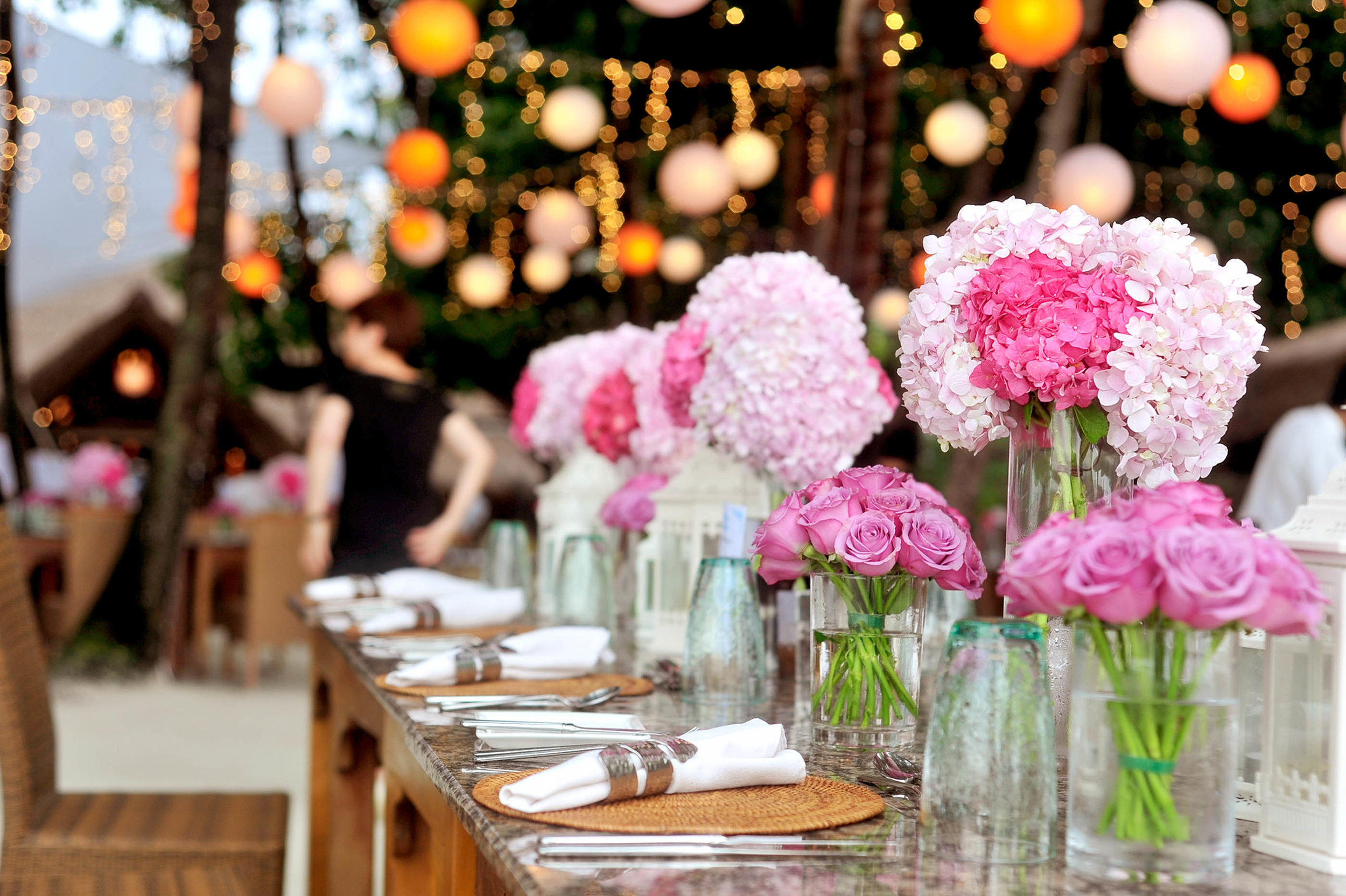Planning A Zero Waste Celebration? This Bengaluru Family Shows The Way

I never thought I could be so passionate about something I hate so much: garbage. I am a volunteer at Kasa Muktha Bellandur - a citizen initiative for Solid Waste Management in Bengaluru. This team consists of passionate and like-minded women and men (many working professionals) who are making a difference to the world we live in by actively doing their bit towards solid waste management and sustainability. I also work closely with corporates, nudging them not to use single-use-disposables.
Sobha Quartz in Bellandur, Bengaluru is a mid-size residential apartment complex with 146 responsible and forward thinking families. I am a SWM volunteer there, where some families compost their kitchen waste in their own balcony-based mini composting plants apart from embracing Zero Waste events, sustainable menstrual hygiene practices and the like.
Minimising waste is a favourite topic of mine. I am therefore excited to showcase here the efforts of one Quartzian family - highly successful, environment conscious IT professionals, Naresh Sadasivan and his wife Shanthi Naresh - who recently organised a grihapravesam or housewarming ceremony which was a Zero Waste event, to promote green living. The couple belong to a simple family and are plant lovers who actively participate in lake rejuvenation efforts in the city.
*****
A major part of organising any event is waste management. Invitation cards, non-biodegradable decorations, plastic disposables, water bottles, leftover food, tissue paper and plastic bags create a mass of trash that goes to landfills, which is not only a waste of money, but is especially tragic when the city is in the midst of a huge garbage disposal crisis. Landfills are already overflowing and garbage disposal issues are further compounded by lack of separation at source and generally poor waste management practices. Lack of proper disposal clogs drains leading to water logging and other ecological challenges. As a measure to address these issues, many socially-conscious families are now opting for green events. This is a welcome practice, as it not only resolves their own garbage problems but helps spread awareness of potential solutions that could protect our environment for posterity.
Here are a few things Naresh and Shanthi did in order to make their event stand out:
- Everything beginning with the invitation was planned to be eco-friendly. They opted to send invites by Whatsapp.
- 'No gifts please, but if you must, they'd better be plants or saplings', said the messages. 95 percent of the gifts they received were plants, all of which quickly found a home in their backyard.
- As is the norm in South Indian events, they served a grand feast on banana leaves for lunch - one of the most eco-friendly and easily disposable food serving systems.
- Single-use-disposables like thermocol / plastic plates, cups and spoons are banned in Karnataka on account of garbage disposal crises. So the couple opted not to use use-and-throws. They rented steel tumblers, cups, and spoons for a deposit of Rs 20,000 from Adamya Chetana. Adamya Chetana, a not for profit organisation supporting sustainable living, rents all kinds of steel utensils free of cost. They have in stock more than 8000 sets of plates, water / coffee glasses, bowls and spoons. Adamya Chetana also has a commercial dishwasher that it uses to clean the returned dishes. The switch to reusable service ware by the couple sends a subtle message that the food offered on stainless steel is itself valuable.
Image: Author
- The couple requested their caterer not to bring in any kind of disposable cups / bottled water for drinking and they organised several 50-litre cans of filtered water, with dispensers and steel cups.
- Separate bins for dry, wet and reject wastes were placed appropriately around the lunch venue.
- Miscellaneous waste such as leaves, flowers and banana stems went into the community vermi-composter in the complex. Organic waste of relatively low volume, such as mango leaves, went into the garden in their backyard.
- Use of both plastic bags and Non-woven polypropylene bags (NWPP) is banned in Karnataka. NWPP, also known as Chinese jute, looks and feels like cloth but is actually non-biodegradable plastic. They avoided using them for tamboolam (coconut, betel leaves, kumkum packets) and instead distributed them in small cloth bags, purchased from Bellikirana Creations.
Cloth bags are a less polluting alternative to plastic gift and tamboolam bags Image: Facebook/ Belli Kirana
- For disposal of food waste - food left uneaten on the banana leaves and the leaves themselves, the couple found a goshala on Dommansandra - Sarjapura Road not far from their new home, which accepted it all gladly.
- Unused food was all served to construction labour in the neighbourhood camp.
- The table liners - the paper laid on top of the table cloth were dried well and sent for recycling.
Thus, the event attended by over 200 guests generated no mixed waste at all!
An ideal Zero Waste event sends nothing to landfills and incinerators and continually strives hard to reduce the volume of waste. This couple has thus clearly demonstrated that it is indeed possible to put together an event of this kind without contributing to the landfill and adding to the burden of Mother Earth. A significant achievement indeed. “Where there’s will, there’s way, irrespective of how big the event is!
What they could have done better
Bangalore is already famous for its poor waste management and sanitary facilities. They could have displayed a few slogans at the venue of the event to show their commitment towards a cleaner environment. Such slogans could also have been printed on the cloth tamboolam bags. Such measures could motivate visitors too to go green. Eco-friendly events such as this can be starting point to achieve a clean, unpolluted Earth. However unconcerned about the environment a person may be, an event such as this can set him thinking.
Featured image: Flickr CC/ Adam Cohn
Anandhi Balaji, a mother of two, is a home-maker, technology professional and volunteer at OpenHeart kitchen.







